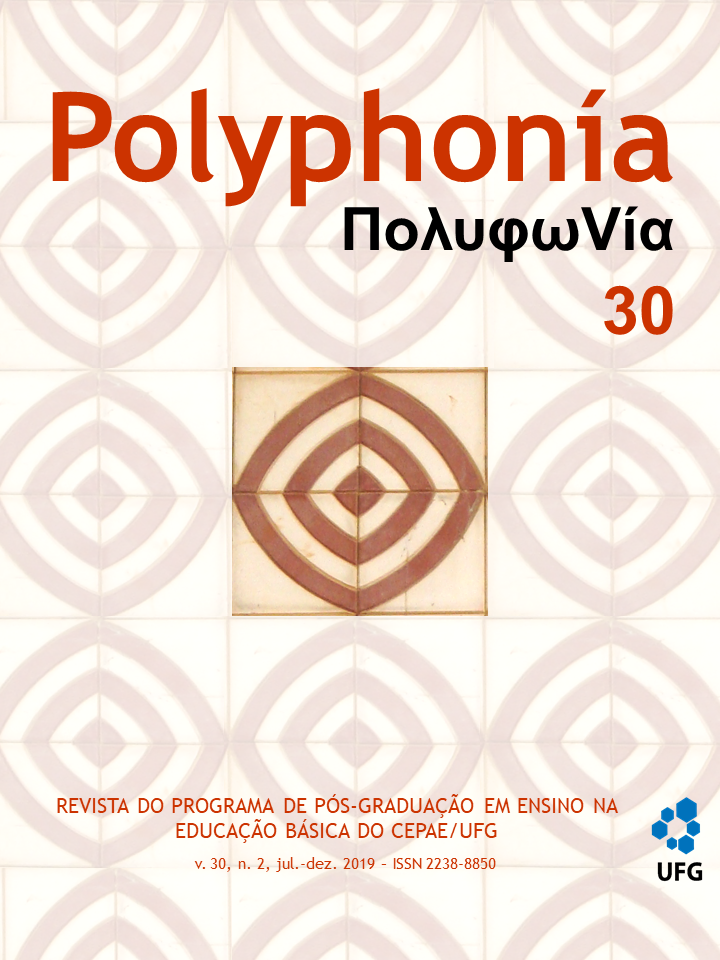Por uma didática mídia-educativa
DOI:
https://doi.org/10.5216/rp.v30i2.65103Abstract
The article presents subsidies for thinking paths towards a media-educational didactics using as methodology the literature review motivated by the results of an extensive research carried out in the municipal schools of Rio de Janeiro. From the finding - anchored by the research data - that schools have not yet incorporated into their practices the main guidelines put today by the field of Media Education, it addresses the importance of media literacy to form citizens who can relate critically and creatively to the media and reports the barriers listed by researchers for the implementation of ICT in schools. Finally, the article points a way from the construction of media educational public policies with clear guidelines and mechanisms that ensure their implementation in classroom didactics, fundamentally incorporating: 1 - infrastructure; 2 - continued teacher training; 3 - incentives for teachers to implement the policy, with autonomy to create diverse pedagogical practices, freedom for invention and space for error.Downloads
Download data is not yet available.
Downloads
Published
2020-08-19
How to Cite
SOBRAL MILLIET, Joana. Por uma didática mídia-educativa. Revista Polyphonía, Goiânia, v. 30, n. 2, p. 63–75, 2020. DOI: 10.5216/rp.v30i2.65103. Disponível em: https://revistas.ufg.br/sv/article/view/65103. Acesso em: 3 mar. 2026.
Issue
Section
Dossiê: Tecnologias digitais e ensino na educação básica
License
Política de direitos autorais (acesso livre). Autores que publicam nesta revista concordam com os seguintes termos: Autores mantém os direitos autorais e concedem à Revista Polyphonía o direito de primeira publicação, com o trabalho simultaneamente licenciado sob a Creative Commons Attribution License que permitindo o compartilhamento do trabalho com reconhecimento da autoria do trabalho e publicação inicial nesta revista.
Autores têm autorização para assumir contratos adicionais separadamente, para distribuição não-exclusiva da versão do trabalho publicada nesta revista (ex.: publicar em repositório institucional ou como capítulo de livro), com reconhecimento de autoria e publicação inicial nesta revista.
Autores têm permissão e são estimulados a publicar e distribuir seu trabalho online (ex.: em repositórios institucionais ou na sua página pessoal) a qualquer ponto antes ou durante o processo editorial, já que isso pode gerar alterações produtivas, bem como aumentar o impacto e a citação do trabalho publicado (Veja O Efeito do Acesso Livre).


